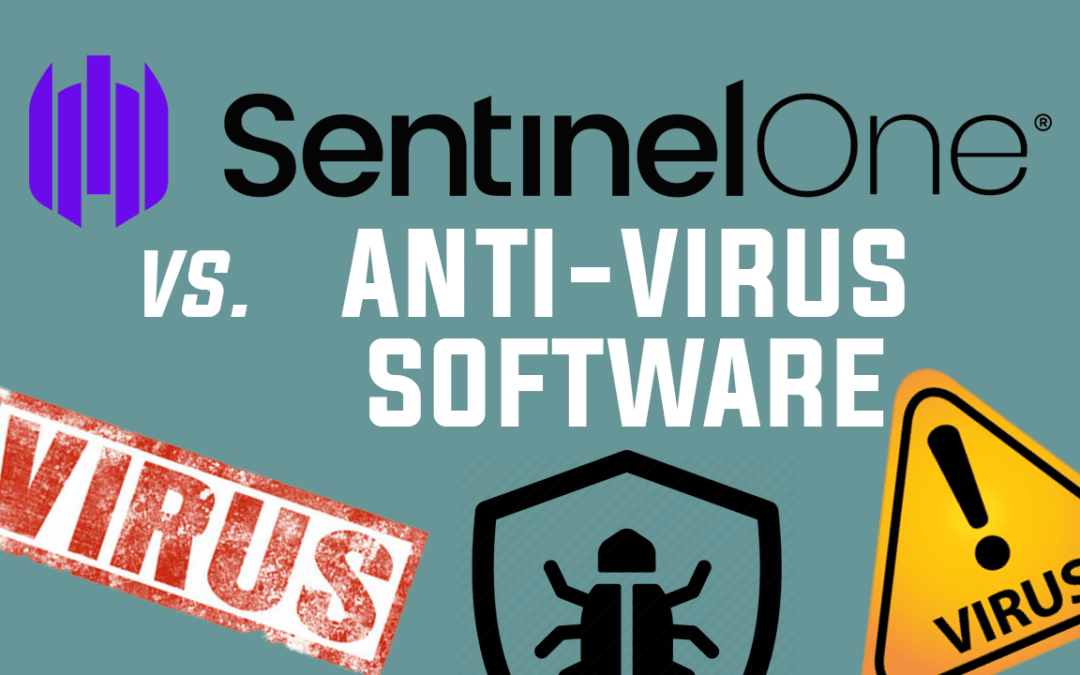As cyber threats continue to evolve and become more sophisticated, traditional anti-virus software is no longer enough to protect businesses from modern-day cyber attacks. In response to this, a new generation of endpoint protection solutions has emerged, one of which is SentinelOne.
Who is SentinelOne?
SentinelOne is a cybersecurity company that provides next-generation endpoint protection solutions. Their software uses artificial intelligence and machine learning to detect and respond to cyber threats in real-time. The company was founded in 2013 and is headquartered in Mountain View, California. Their platform is designed to protect endpoints, servers, and cloud workloads against malware, ransomware, and other types of cyber attacks.
Traditional Anti-Virus Software
Traditional anti-virus software has been around for decades and has served as a baseline protection against known malware threats. The software typically works by scanning files for known malware signatures and blocking any that match. It’s a reactive approach that requires regular updates to ensure that the software has the latest malware signatures. Unfortunately, this approach has several limitations that make it less effective against modern cyber threats.
One of the main limitations of traditional anti-virus software is that it’s only effective against known malware threats. It’s not particularly useful against new, unknown threats that don’t have a known signature. Additionally, traditional anti-virus software can be easily bypassed by malware that has been specifically designed to evade detection.
So how does SentinelOne compare to traditional anti-virus software?
Unlike traditional anti-virus software, SentinelOne doesn’t rely on signatures to detect malware. Instead, it uses behavioral analysis to detect malicious behavior and stop threats before they can do any damage.
SentinelOne is designed to be more resilient to attacks than traditional anti-virus software. Its architecture is based on a distributed model, which means that if one endpoint is compromised, the rest of the network is still protected. Additionally, SentinelOne is autonomous, meaning that it can respond to threats without the need for human intervention.
The scorecard
Detection: SentinelOne uses behavioral analysis to detect and respond to threats. Traditional anti-virus software relies on signatures. SentinelOne therefore is more proactive, traditional anti-virus software is more reactive.
Resilience: SentinelOne with its distributive architecture is more resilient to cyber attacks than traditional anti-virus software.
Autonomy: SentinelOne offers the ability to respond to threats autonomously, while traditional anti-virus software does not.
Overall, SentinelOne represents a significant improvement over traditional anti-virus software. Its use of artificial intelligence and machine learning, as well as its distributed architecture, make it a much more effective weapon against modern cyber threats. If you’re interested in upgrading your endpoint protection, it’s worth considering SentinelOne as a more robust solution than traditional anti-virus software.

